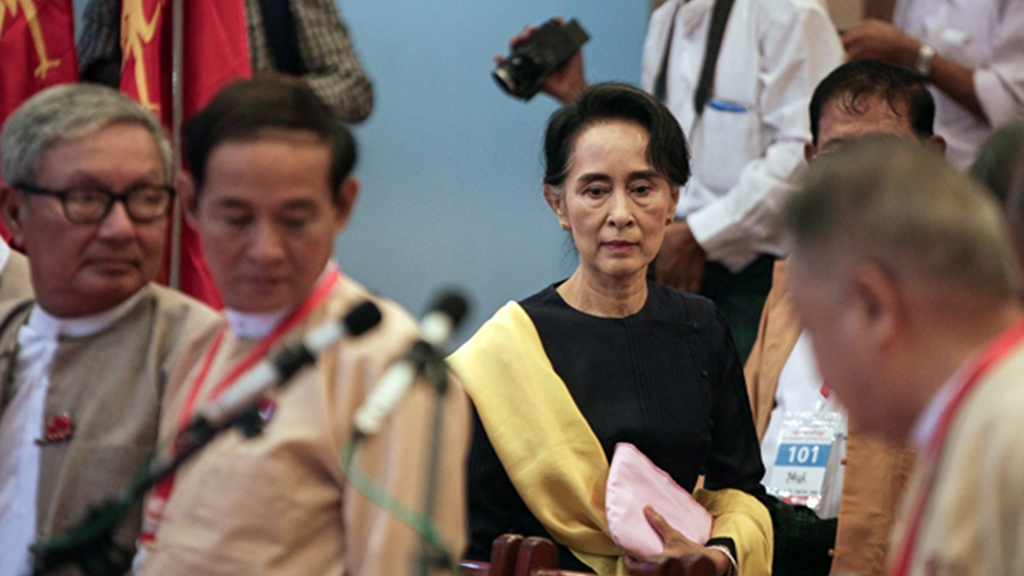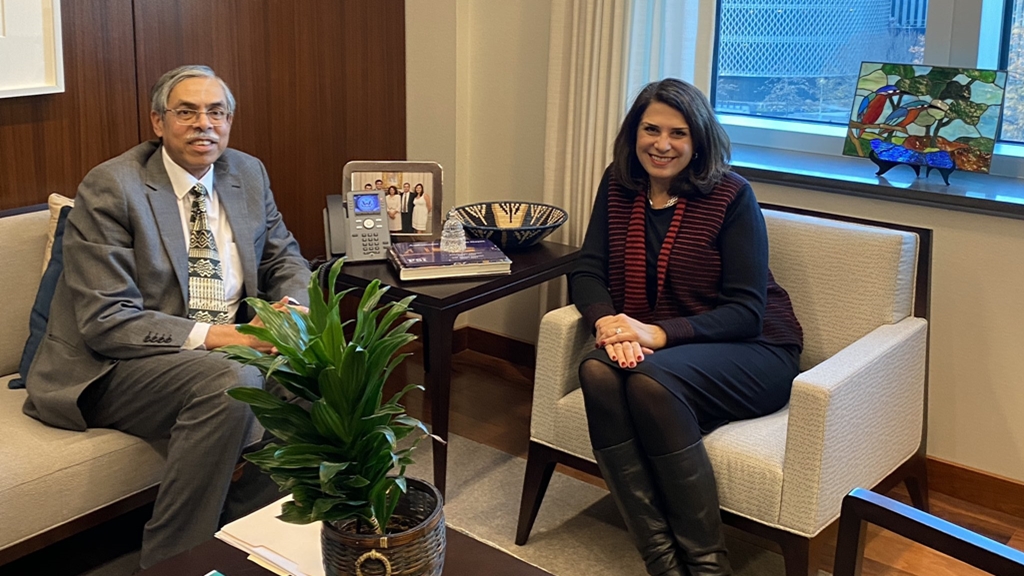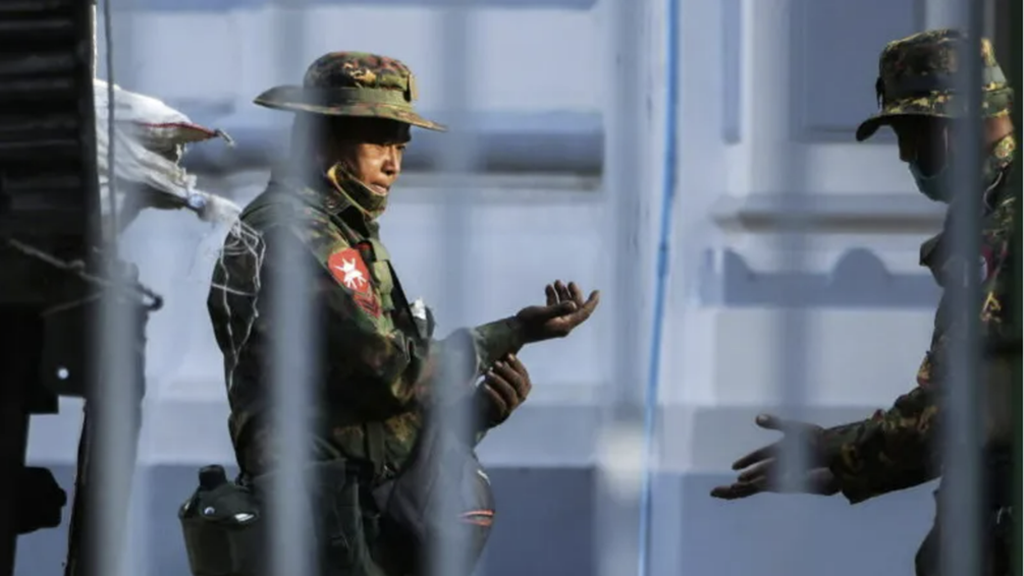
Myanmar’s judicial defense of the indefensible
- 28/11/2019
- 0
Next month, Myanmar’s government will get the first taste of what it has fought hard to prevent for more than two years: international accountability for widespread and systematic violence against its Muslim Rohingya minority.
Between December 10 and 12, Myanmar’s de facto civilian leader, Aung San Suu Kyi, will lead this first phase of her government’s defense at the International Court of Justice (ICJ) in The Hague against The Gambia’s official complaint against Myanmar for violations of the United Nations’ 1948 Genocide Convention. That complaint hinges on abuses inflicted by Myanmar security forces against the Rohingya in northern Rakhine state in 2017.
Suu Kyi will not face Myanmar’s accusers alone. Myanmar has already warned that it will deploy unidentified “prominent international lawyers” to challenge The Gambia’s complaint. Myanmar has not shared what its legal strategy at The Hague will entail beyond “defending the national interest.” What’s certain is that Suu Kyi and Myanmar’s lawyers face an uphill battle in challenging the extensively documented campaign of mass murder, gang rape, and mutilation targeted at Rohingya civilians.
That evidence includes a 444-page report issued in September 2018 by the United Nations Fact-Finding Mission that concluded that there was evidence of atrocities by Myanmar security forces against the Rohingya warranting criminal prosecution for crimes against humanity, war crimes, and genocide. The report named top military officials as targets for investigation and prosecution as well as civilian authorities who “have spread false narratives, denied the wrongdoing of the [security forces], blocked independent investigations … and overseen the destruction of evidence.”
Those conclusions were echoed in the results of investigations by Physicians for Human Rights, including a quantitative survey conducted by PHR of 604 surviving Rohingya community leaders in Bangladesh published in March in The Lancet Planetary Health. That survey revealed that most respondents identified the Myanmar military, or Tatmadaw, and the official Border Guard Police as the security forces who deployed “military assets, including helicopters, military trucks, and tanks” against defenseless Rohingya men, women and children in August 2017.
Suu Kyi and her legal team in The Hague will also be handicapped by Myanmar’s utter failure to pursue meaningful accountability for that bloodshed over the past two years
Suu Kyi and her legal team in The Hague will also be handicapped by Myanmar’s utter failure to pursue meaningful accountability for that bloodshed over the past two years. The government’s own so-called “Independent Commission of Inquiry,” formed in July 2018, discredited itself as a state whitewash operation when it reported in December that it “had found no evidence so far to prove the widespread allegations that government security forces committed mass human rights abuses” in northern Rakhine in 2017.
In March 2019, the Myanmar military announced the creation of an “investigation court” to probe the state-backed mass violence against the Rohingya. The announcement on the website of the Office of the Commander in Chief of Defense Services describes the court as consisting of three senior Tatmadaw officials tasked to “further scrutinize” the bloodshed of August 2017. It reiterates the military’s long-discredited narrative that all military activity in northern Rakhine state in August 2017 were legitimate operations in response to attacks on police posts allegedly perpetrated by the Arakan Rohingya Salvation Army, a non-state insurgent group.
In May 2019, the Myanmar military confirmed its willful disregard for any meaningful accountability for crimes against the Rohingya when it pardoned the seven soldiers convicted in April 2018 of killing 10 Rohingya men and boys in the infamous Inn Din village massacre of September 2017.
Suu Kyi and her legal team must also contend with evidence that the Myanmar government and security forces have undertaken deliberate efforts to cover up evidence of the atrocities in northern Rakhine. Over the past two years, satellite images have revealed that the locations of former Rohingya villages in Rakhine have been “flattened and scraped by bulldozers.” In what appears to be a blatant form of post-conflict elimination of physical remnants left behind by the dead or fled Rohingya, those villages have been replaced by facilities for the security forces as well as hundreds of new homes built for mostly Buddhist residents from other areas of Rakhine.
The bad news for the Myanmar government and its representatives in The Hague next month is that The Gambia’s complaint at the ICJ is just one of a growing number of judicial processes that Myanmar will need to contend with over the coming months and years. On November 13, Rohingya and Latin American human-rights organizations filed a case with an Argentine court against Myanmar government and military officials under the principle of universal jurisdiction, which allows that people implicated in the most serious international crimes may be arrested, prosecuted, and convicted in countries other than their own. The Argentine court filing seeks “the criminal sanction of the perpetrators, accomplices and cover-ups of the genocide” perpetrated by Myanmar security forces against the Rohingya.
The very next day, the International Criminal Court (ICC) announced that it had authorized a formal investigation into Myanmar government abuses against the Rohingya in 2017 based on an acceptance that “widespread and/or systematic acts of violence may have been committed that could qualify as the crimes against humanity of deportation across the Myanmar-Bangladesh border and persecution on grounds of ethnicity and/or religion against the Rohingya population.”
Prior efforts to initiate an ICC investigation of the bloodshed have been complicated by the fact that Myanmar is not a signatory to the Rome Statute that established the court. International efforts to trigger an ICC probe via a resolution of the UN Security Council have been stymied by the opposition of Russia and China.
Meanwhile, the UN-created Independent Investigative Mechanism for Myanmar officially began operations this September to probe whether Myanmar has committed crimes against humanity against its ethnic minorities, including, but not limited to, the Rohingya, nationwide over the past eight years.
Myanmar’s government is about to learn the hard way through these judicial processes that not even the most “prominent international lawyers” can justify the horrors inflicted on the Rohingya as an exercise in “defending the national interest.”
Phelim Kine is the director of research and investigations at Physicians for Human Rights and a former deputy director in Human Rights Watch’s Asia Division. He is also an adjunct professor in the Roosevelt House Public Policy Institute at Hunter College in New York. A former news wire bureau chief in Jakarta, Kine worked as a journalist for more than a decade in China, Indonesia, Cambodia and Taiwan prior to becoming a human rights researcher and activist in 2007.







